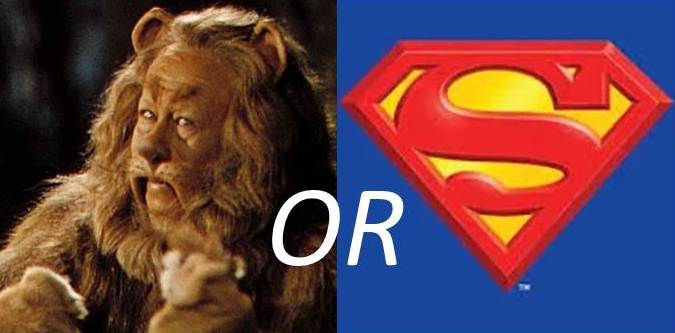Are You A Courageous Negotiator?
Merriam Webster defines courage as the mental or moral strength to venture, persevere, and withstand danger, fear, or difficulty. The easy way to litigate is to react to catalysts from outside sources, such as the court, opposing counsel, or a medical emergency.
The courageous negotiator is proactive. That includes knowing how to push a claim to settlement. Courageous negotiators have strong values, fully use their skills, and purposely confront challenges.
Keep At It
Especially when claims drag on for years, it’s easy to lose sight of the end goal. Here’s how to keep moving forward:
1. Keep evaluating. Courageous negotiators know what their case is worth. Don’t be afraid to talk about a big number—or a small one– if that’s really the value of the claim. The old saying is that lawsuits are not like wine—they don’t get better with age. Re-evaluate as new information comes in.
2. Make offers. Don’t ask, “Do you want to settle?” Make settlement offers– even ridiculous ones. Solicit counter-offers. Let parties know that you are willing to duke it out, but you are also smart enough to know how to settle. Competent professionals don’t fight simply because they don’t know how to do anything else. Courageous people act even when they face the possibility of an adverse outcome.

3. Get help. Mediation is an effective way to settle cases. Talk to your mediator. A pre-mediation consultation is confidential even if the mediation never occurs. Information shared with the mediator can never be used, and the mediator cannot be subpoenaed. Unlike the parties who must deal with every detail of managing the case, the mediator concentrates on defining and resolving issues to reach settlement. Take advantage of that expertise.
Often the best way to promote communication is at mediation. Parties can be candid about the good and bad points of their case. Bargaining through the mediator can calm anger.
An agreement to mediate is not a commitment to settle. It is a commitment to talk about the possibility of settlement. If you’re not getting counter-offers, the mediator can focus parties on what needs to be done to move ahead.
There is no charge to talk with me about convening a mediation.
You know that ugly case is probably going to settle. Muster your courage to make it happen sooner.








